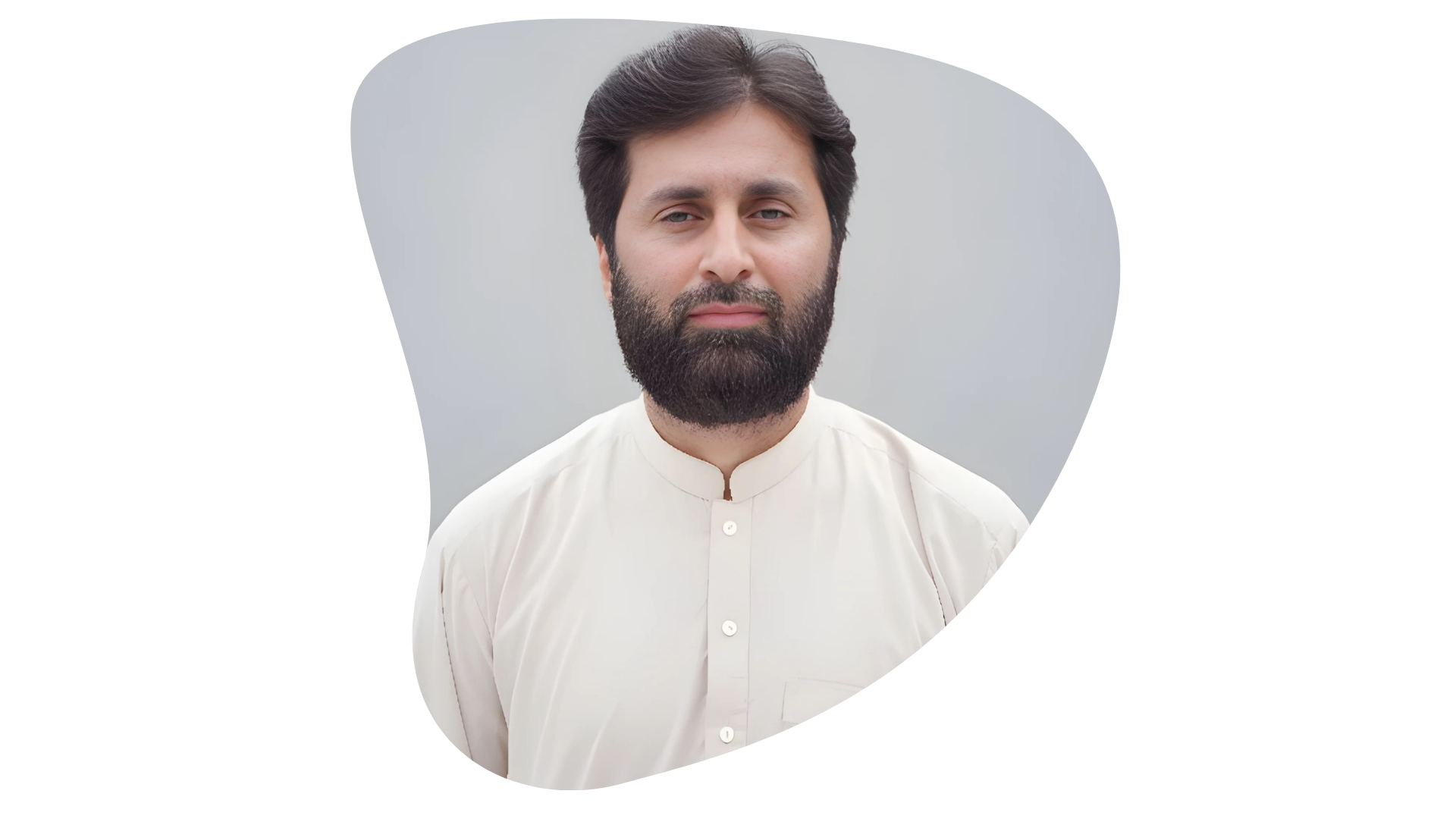
Ahmad Abdullah
As winter descends on Khyber Pakhtunkhwa, the Alkhidmat Foundation ramps up its efforts to protect the province’s most vulnerable. For many poor and marginalized families, the biting cold is not just an inconvenience, it’s a serious risk. Alkhidmat’s winter welfare campaign aims to meet that need with a structured, ground-level humanitarian response.
In remote areas of Khyber Pakhtunkhwa, freezing temperatures and rudimentary housing combine to create a hazardous environment. Many families lack proper insulation, warm clothing, and basic bedding. Alkhidmat’s own reporting notes that its “winter wave” activities address regions where temperatures can drop significantly and where local infrastructure fails to support the poor through the season.
These conditions expose underprivileged populations to health risks such as hypothermia, respiratory illness, and other cold-related ailments. The foundation recognizes that ordinary garments or thin blankets are often insufficient against such severity; what is needed are thick quilts, socks, sweaters, and proper bedding.
Alkhidmat’s response centers largely on its “winter package,” a bundle of essentials that includes blankets, quilts, and warm clothes. The cost to sponsor one winter package is relatively modest, according to their campaign, a donation of around PKR 10,000 helps provide a family with these basic protections.
Under its Community Services Program, Alkhidmat reports distributing tens of thousands of such packages annually. In 2020, the foundation distributed more than 25,000 winter packages while in 2021, that number rose and 27,000 families received support in the form of blankets, warm clothing, and other winter necessities, similar for the other years.
While Alkhidmat’s winter relief extends across the country, including remote northern areas and Gilgit-Baltistan, Khyber Pakhtunkhwa holds particular strategic importance. Its regional teams are deeply embedded in local communities, enabling efficient identification of needy families.
The foundation’s volunteers do more than just deliver supplies. In some regions, they have cleared snow-blocked roads to enable the passage of trucks carrying winter aid. This operational capacity, combining relief delivery with logistical support, underscores Alkhidmat’s role as a serious actor in humanitarian response, not simply as a charity distributing goods on occasion.
Alkhidmat’s annual reports offer transparency: its 2018 report, for example, notes that over 117,000 winter packages were distributed. That figure points both to the scale of the problem, many, many households in need and to Alkhidmat’s capacity to mobilize. The foundation’s 2016 report similarly emphasizes that supplying warm clothes and blankets helps prevent serious illness among the poor during cold months.
Accountability mechanisms are also built in. In a project summary with GlobalGiving, Alkhidmat describes a three-phase process: surveying and identifying beneficiaries, verifying them via relief cards, and then distributing winter packages, with detailed reporting.
Alkhidmat’s winter operations highlight both the strength and the limits of charitable relief. On one hand, its network of volunteers including those in Khyber Pakhtunkhwa, enables targeted aid even in hard-to-reach areas. On the other, the recurring need for winter packages underscores systemic gaps: many households remain exposed to climatic risks because they lack infrastructure, insulation, or sustainable income.
Moreover, the financial model is straightforward but vulnerable: reliance on public donations to sustain the drive each year. Alkhidmat’s appeals for funds suggest that without consistent donor support, the scale and reach of the relief could shrink.
Behind the numbers are families who would otherwise face peril in freezing temperatures. For them, receiving a winter package is not a luxury, in fact it’s a lifeline. The aid does more than warm their bodies; it affirms that someone is watching, caring, and acting.
But as Alkhidmat continues its winter efforts, the question remains: how can relief organizations dovetail more closely with long-term development? Addressing cold-weather vulnerability in places like Khyber Pakhtunkhwa requires more than blankets. It requires investment in durable housing, better heating solutions, and sustainable poverty alleviation.
Bio. Alkhidmat has acted efficiently and provided help to victims of disasters whether that was the recent 2022 Pakistan flood or the 2005 earthquake in Kashmir.
show more
It is a long established fact that a reader will be distracted by the readable content of a page when looking at its layout.
It is a long established fact that a reader will be distracted by the readable content of a page when looking at its layout.